News & Media
Unisa's first woman vice-chancellor mindful of task ahead
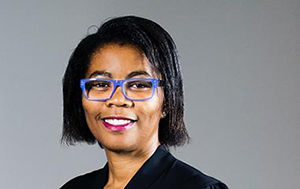
Prof Puleng LenkaBula (Incoming Principal and Vice-Chancellor, Unisa)
Photo: Supplied
The new principal and vice-chancellor of the University of South Africa (Unisa) wants the institution to reclaim its space as an innovative leader in distance and open education, and make sure the university contributes to South African and Africa-wide goals on sustainable development.
On top of that, she wants to ensure the university is receptive to gender transformation for all women of colour marginalised in the past.
She is mindful of the enormity of the task facing her but ready for the challenge, Professor Puleng LenkaBula said in the first interview since her appointment in November as the only woman in 148 years to head one of Africa’s largest universities and the institution that in 1946 pioneered tertiary distance learning.
"When I was called by the chair and deputy chair of council after they decided to check with me whether I would be able to in principle accept, I thought, okay, this is just a general progression into what I would have tried, or wanted to apply for—which is the VC role. It only dawned on me two or three hours later when they announced publicly that I had been appointed," she said.
"I thought, oh no. This is more than what I thought I had raised my hand for, in the sense that now the expectations and the burden of being the first is going to haunt me or invite me to be purposeful around my duties and responsibilities. So yes, it is rather… overwhelming now," she told University World News.
Extensive managerial experience
Currently the vice-rector of institutional change, student affairs and community engagement at the University of the Free State (UFS), LenkaBula, a mother of two, has extensive managerial experience in higher education.
Prior to joining UFS, she was the dean of students at the University of the Witwatersrand. As a scholar she serves as a board member on local ecumenical and academic formations, including the Council for the Development of Social Science Research in Africa (CODESRIA).
LenkaBula is committed to ensuring that Unisa reclaims its place among the top tier of tertiary education institutions in South Africa—and on the continent.
"Unisa has been the cradle of the higher education system in South Africa…Therefore, that idea of being an innovative institution is something that we will always applaud. The challenge with institutions that are innovative is that they sometimes become complacent with their systems and how they operate."
Reinvent, reshape, regenerate
LenkaBula said this was evident during the Covid-19 lockdown. Other universities were talking about remote, multimodal learning, but not Unisa, although the institution has been an expert in this arena for decades.
"So to me, the first priority would be for Unisa to recognise that it's no longer the only player in this arena. It has to reinvent, reshape and regenerate itself, but also attend to key areas, the grand challenges of South Africa, [and] the continent, so that it could shape expertise, and not necessarily be drawing on the Global North’s thinking, ideas or expertise," she said.
LenkaBula’s mom was a student and wanted a better life for her child so she gave her up for adoption so that her aunt and uncle could raise her, she said. "Growing up as an adopted child, there's a sense that you don't want to be a burden, but you want to be independent, you want to work hard, and my parents appreciated education."
She said was going to be a teacher, then a social critic, but she always had the idea that she would become a global professor, "churning out ideas and analysing systems".
She was the second woman at Unisa in the faculty of theology. "But in the department of ethics and systematics I was the first, so I quickly realised that institutional cultures had not created possibilities for women, especially black women, women of Indian descent, and women of mixed descent," LenkaBula said.
Her interest in a multidisciplinary field such as ethics allowed her to engage with varied disciplines and therefore allowed her to theorise on feminism, and on economic and political justice issues. It also made her determined to make an impact.
"How do I become part of building institutions so that they expand participation [so] that we ensure that students don't fall through the cracks? That's what attracted me to writing more, to participate in global knowledge systems," she said.
Throughout her career as an academic, she has been involved in the ecumenical movement with the World Council of Churches, and tackled climate change and sustainable development at the United Nations. But she prefers to engage with those institutions that people don’t pay attention to.
Unanimous decision
LenkaBula said her partner is based in Pretoria so returning to the capital would be good. Her boys are studying in Canada. The elder is studying film and broadcasting while her younger son is studying philosophy but wants to go into law.
"My children were quite excited about the appointment because when I moved from Wits to the Free State, my youngest son couldn't understand why, saying it doesn't make sense, it’s so quiet there. 'I would have thought you'd want to go to New York or to Singapore, to India or to the United States, or even to another country. What's wrong with you?' I had to commute every weekend to be with them and then ship them to the Free State during holidays. So, yes, it's a good move. I look forward to it. And Pretoria is my home," she said.
As the country’s fifth woman vice-chancellor, LenkaBula will have her hands full with Unisa, which is currently the subject of a review. Dr Blade Nzimande, South African minister of higher education, science and innovation, announced the review four months ago following issues related to governance.
But she has plenty of support. Unisa Council Chairperson Sakhi Simelane said LenkaBula’s appointment was a unanimous council decision and members believe that LenkaBula’s appointment bodes well for the future as Unisa moves towards a fully-fledged open, distance, and e-learning dispensation to become a truly African university.
Black women academics should increase
"In Professor LenkaBula we have appointed the right calibre of leader who is student-centred and shares our institutional vision on decoloniality and transformation, knowledge-production, innovation and advancing the socio-economic development of South Africa, Africa and the world—in particular for the benefit of Africa," Simelane said.
The chairperson of the Portfolio Committee on Higher Education, Science and Technology, Philly Mapulane, welcomed LenkaBula’s appointment. "Indeed, it took the university 148 years to appoint a female as the VC. This shows that the pace of transformation in the sector, especially at senior management level, is very slow," he said in a statement.
Mothepane Seolonyane, executive director of the Higher Education Transformation Network, said LenkaBula’s appointment is in line with the Employment Equity Act of 1998 and the objectives of the National Development Plan 2030. According to the plan, the higher education sector must ensure that black South Africans and women make up 50% of the teaching and research staff of universities.
The Unisa Women’s Forum also welcomed LenkaBula’s appointment, while former public protector Thuli Madonsela and University of Cape Town Vice-Chancellor Mamokgethi Phakeng took to social media to offer their congratulations.
LenkaBula is not alone, and she is determined to make people and innovation the heart of her agenda at Unisa.
* By Edwin Naidu | 3 December 2020
This article was first published by University World News. You can read the original here.
Publish date: 2020-12-04 00:00:00.0


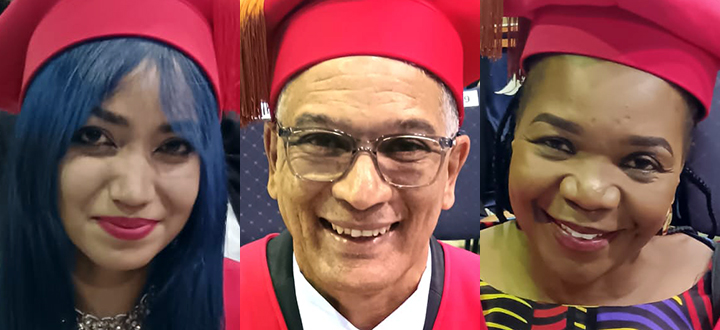 Unisa doctoral voices: stories of grit, growth and greatness
Unisa doctoral voices: stories of grit, growth and greatness
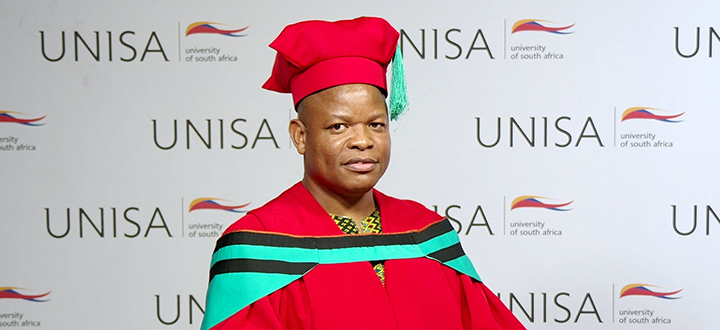 Early identification of neurodiverse disorders will enhance mental health access
Early identification of neurodiverse disorders will enhance mental health access
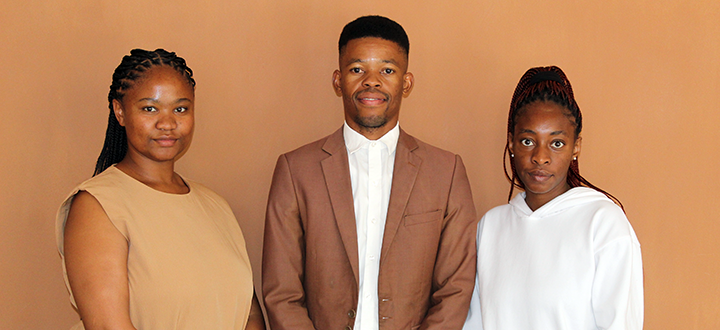 Young communicators gain experience at Unisa
Young communicators gain experience at Unisa
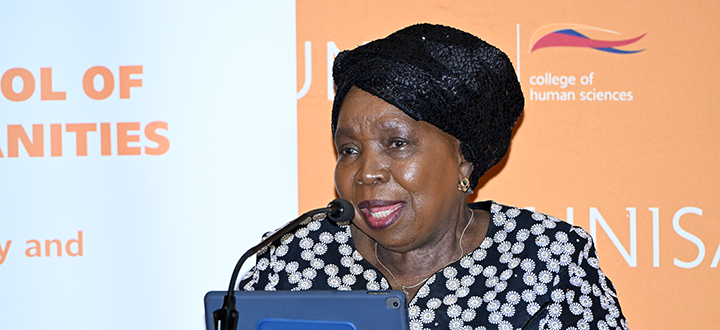 Calling on the church to become the voice and moral conscience of society
Calling on the church to become the voice and moral conscience of society
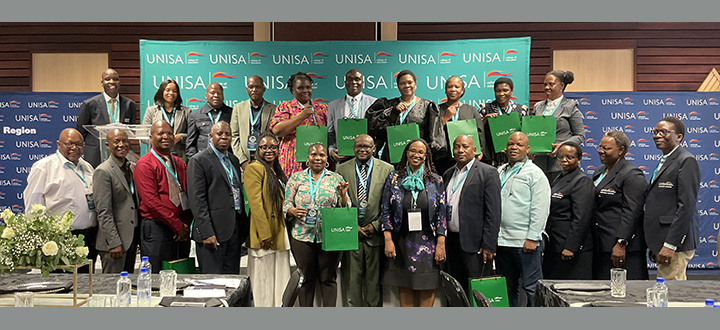 Empowering educators for a transformative future
Empowering educators for a transformative future